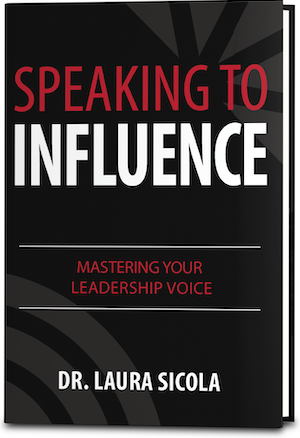When giving constructive feedback to someone, it’s important to be tactful so they are more open to receiving your input. Tact doesn’t mean walking on eggshells or hinting at the problem. As advertising executive Howard Newton defined it, “tact is the ability to make a point without making an enemy.”
To give feedback tactfully, one important strategy is to use objective rather than subjective language.
Objective language is strictly fact-based, opinion free, with emotionally neutral word choices. It addresses the problem itself without judging, criticizing, or attacking the person responsible for the problem.

Subjective language is opinion-based. It may include exaggeration, is typically more emotionally charged, and may be more personal in nature. Objectively delivered information without emotionally charged language allows the listener to lower their defenses and enables them to hear the core message. This helps prevent misunderstandings and allows for clarification so that the problem can be fixed. Communication remains open.
In contrast, a subjective approach directly or indirectly criticizes the person. As a result, it usually elicits an emotional, defensive response and can magnify negative feelings like embarrassment or shame. It’s likely to cause a fight-or-flight reflex, and will inhibit collaborative, efficient, or effective solutions, either short or long-term. Before you speak, consider how you want the listener to respond and which approach is more likely to help you get that response. The practice of keeping language neutral and objective during difficult and awkward exchanges can work in business, social, and family life alike.
For example, children may have a habit of making demands on their parents and can appear to have bad attitudes. Responding impulsively to a child and subjectively criticizing them as a person can turn into a power-struggle and can create a downwards spiral of defensiveness and mis-behavior. However, when objectively responding to the message rather than subjectively reacting to the child, you can avoid the struggle and inspire positive behavior, creating a win-win for parent and child.
Mastering objective vs. subjective language can provide a diplomatic solution and will strengthen your influence as a leader! For more information about how to master the art of speaking to influence, go to vocalimpactproductions.com.
